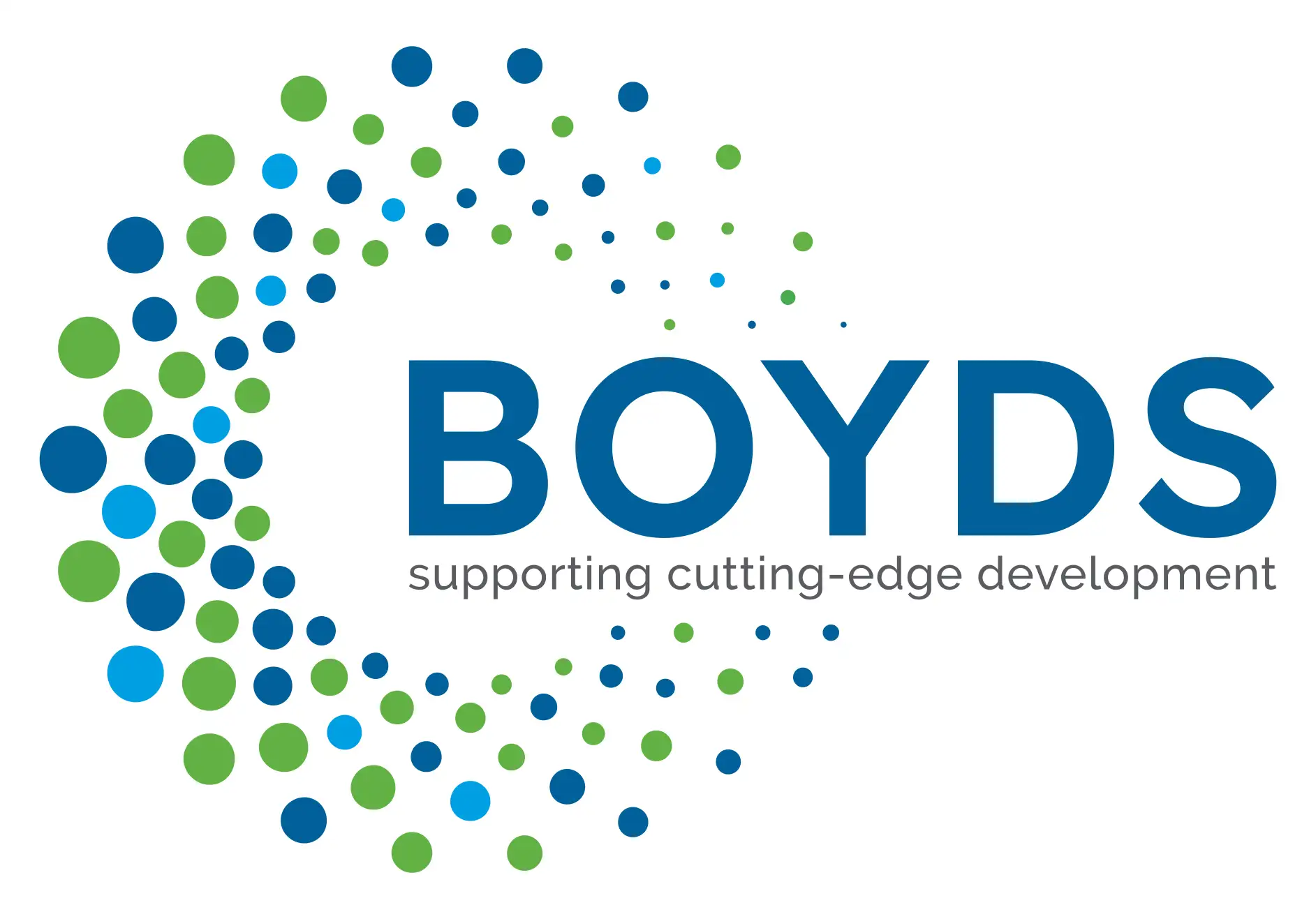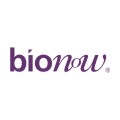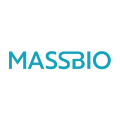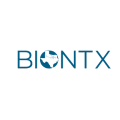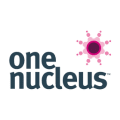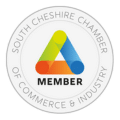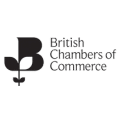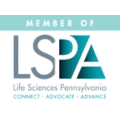For Siobhan Gaynor, a love of science, and the workings of the body, medicine and the disease process, has underpinned a 30-year career in drug development. But earlier this year, this knowledge and experience informed the very toughest of personal decisions for Siobhan following her diagnosis of metastatic breast cancer.
Siobhan Gaynor’s love of biology was inspired by a schoolteacher who had worked in industry herself, who highlighted the opportunities that lay ahead and helped to crystalise her passion and interest in the idea of developing medicines for diseases for which there was no cure.
“I loved the science and remained fascinated about the body and how it works as well as the link into medicine and whole disease process,” she says. So after school, Siobhan studied physiology at Trinity College, and in 1990 went straight into industry on the ‘Milkround’ joining SmithKlineBeecham in Harlow, Essex, working at the bench developing drugs for gastro-intestinal diseases.
After four years at the bench, Siobhan moved into clinical research, working with one of the compounds they were developing, and followed the drug through the clinic and writing the protocol, monitoring the trials and working with clinicians.
“This took me into the area of antiemetic drugs that were being developed to treat the side effects of those going through cancer treatment,” she explains. “I felt very privileged to work on progressive and effective drugs to treat people for nausea and vomiting, a common side effect for chemotherapy patients. This was a real game-changer in oncology and inspired me to continue my work in this area.”
After several years working in clinical trials, Siobhan moved into the policy area, focusing on connections with Europe, governmental policy, and working with academics to try and attract more research into Ireland.
“This was an exciting and challenging time,” says Siobhan, who played an instrumental role in attracting some strong research proposals and grants to Ireland.
Her experience in research, business development and executive roles in clinical and translational health research across major pharmaceutical companies, biotechnology start-ups and academia, including Spark Therapeutics, GlaxoSmithKline, Clinical Research Development Ireland and Cancer Trials Ireland, meant Siobhan’s reputation grew. She was approached by a venture capital company to join a start-up company being set up in academia. Harnessing her dual experience, which was unusual at the time, Siobhan was tasked with operationalising an academic project and turning it into a company – Genable.
“Genable was working on the development of a gene therapy for inherited retinal dystrophies, which was a new and emerging area,” she explains. “This led to me working to support the development of the first ever gene therapy for a genetic disease, Luxturna, which was approved by both the FDA and EMA in 2017 for the treatment of a rare form of inherited blindness.
“Working with a start-up was an interesting rollercoaster ride. What was apparent was the importance of communication in these large-scale projects. It is about bringing bright intellectuals and highly experienced business people together, and helping them to see the rational and logical business and scientific approach to developing a new medicine in line with the rules and regulations.”
It was during this time that Siobhan met Professor Alan Boyd, the founder of Boyds, a leading consultancy business that supports the development of pharmaceutical and biotech products for patient benefit.
Siobhan Gaynor joined Boyds in 2018 to head up and establish its then newly opened office in Dublin.
“Having worked with Alan at Genable, I was inspired by the exciting, cutting-edge projects that he and his team was working on,” says Siobhan. “I had really got the bug for working in the field of rare diseases and gene and cell therapies and was very interested in the applied science behind these novel innovations.
“Alan and his team had a lot of expertise in developing drugs for diseases that had never had a treatment options before. Developing novel agents for new indications was interesting and exciting for me and opened my eyes to even more of the drug development process from bench to bedside.”
Diagnosis
In 2019, Siobhan Gaynor was diagnosed with primary breast cancer. She was quickly progressed through the system and received surgery, chemotherapy and radiotherapy.
“It was a shock, and life was thrown up into the air for seven very tough months,” she says.
Following successful completion of her treatment, Siobhan returned to work in early 2020. However, that summer she realised things weren’t quite right, and she was getting tired quickly after exercise and experiencing back pain.
Aware that whilst there have been many advances in breast cancer over recent years, there are still around 30% of breast cancer patients that go on to be diagnosed, at some point, with metastatic breast cancer. Having this knowledge led to Siobhan seeking medical opinion. In October 2020, she was diagnosed with Stage 4 metastatic breast cancer.
“Having primary breast cancer was a dreadful period of my life, but I got through it, I recovered. Receiving the diagnosis of metastatic breast cancer was a different scenario. There is no cure for Stage 4 cancer, and whilst there are treatments available to keep the cancer at bay, the cancer is essentially incurable. Unlike my first diagnosis and treatment plan, there is now no beginning, middle or end. It took a while to get my head around this, and that I would be a patient and on medication for life.”
In Siobhan’s work in rare diseases, she has come across some very inspiring patient advocates, and recognises that the label of ‘patient’ puts you in a very different category.
“I love my job and I love working for Boyds, but in terms of what I want for my life for whatever time I have left, I really felt I needed a plan to help me decide what to do to move forward. And because of the timings and side effects of the treatment I decided that my time should be spent primarily on my health, my body, and my family.”
Tough decision
One year after her diagnosis, Siobhan decided it was time to retire on medical grounds.
“This was a tough decision, but I have a fantastic career behind me, the support and love of my family and the hope of science. The science that I hope will help me could be in laboratory right now or being tested in various models. If the timing is right, I could potentially be involved in a trial. That is not in my control though. I can however raise awareness of metastatic breast cancer as something that needs more research and investment.”
Much like the project manager in her, Siobhan assessed the scene she faced. Her decision to cut down on her professional work relieved her of the pressure of client and project deadlines that she could not influence to suit the timing of her treatment, but keen to keep a hand in and add value, she decided to take on some voluntary work.
Cancer Trials Ireland and Irish Cancer Society
For five years, Siobhan Gaynor had worked for Cancer Trials Ireland, a not-for-profit, clinician-led group that conducts clinical trials for oncology products. She decided to join the charity’s patient committee where she is a patient representative, and is helping to set up a research project led by patients.
She is also involved in the Irish Cancer Society, a large charity and funder of research, where she works as a grant reviewer on the patient side. “It was important to find work that had meaning and where I could use my background and personal experience to add value and help others,” she says.
“This was like joining the two ends of the circle, bringing together my knowledge and experience with the first-hand understanding of the needs of the patient.”
Her plan after retirement from Boyds is to continue her voluntary work supporting these projects for the next year, then scaling back to allow time to travel and do the things she had always planned to do in her retirement.
“I don’t feel any anger or blame, or even guilt at some of my dubious lifestyle choices over the years, with my illness,” Siobhan says. “I can contextualise my situation which I am grateful for, however having the knowledge I have means I have clear sight of the stages ahead. Some days are frightening, but as a scientist, having knowledge is helpful. Retirement will give me more freedom to do the things that are important.”
For Siobhan, retirement has come earlier than she had planned, and whilst many with a similar diagnosis might feel their life had become a rush, Siobhan is grateful to science for giving her the time to think about the practical and emotional impact and make decisions about the future.
“I would not have chosen this path, but it has chosen me. I try and reside mentally and physically between hope and reality. Reality that is surrounded by my knowledge and experience, and hope based on the fact that science is always progressing.”
Siobhan Gaynor retired from Boyds in December 2021, and lives in Dublin, Ireland with her husband, their three teenage children, and the family’s latest addition ‘Cali’ a Colie pup.

